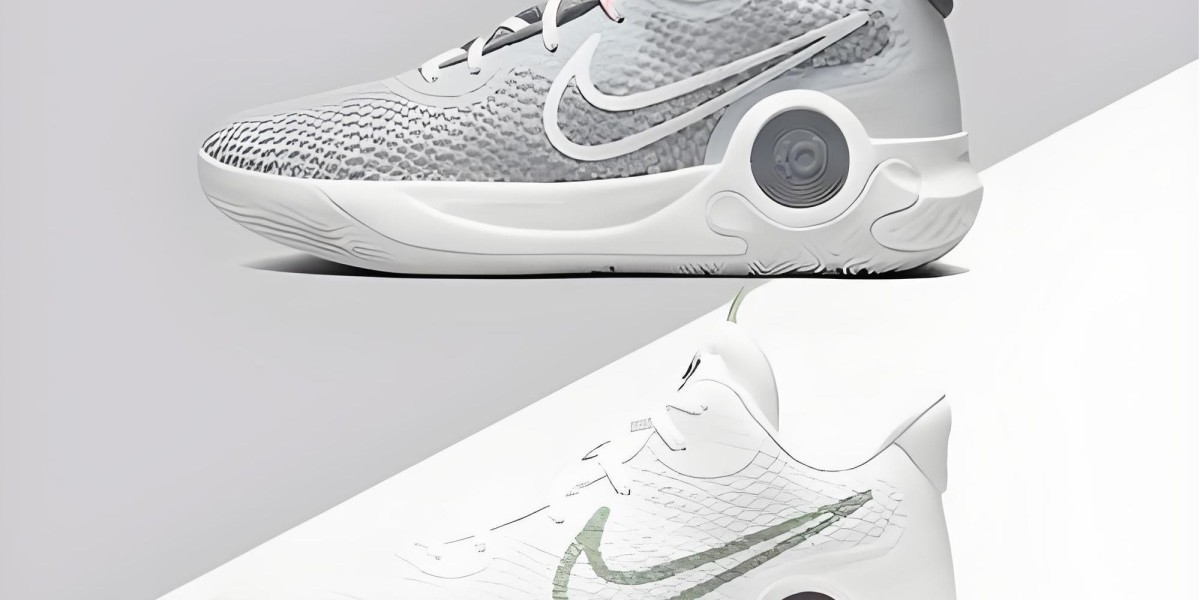Tree Stump Grinding: Your Ultimate Guide
Tree removal is often necessary to maintain safety, aesthetics, or the health of your garden. However, after the tree is cut down, an unsightly and potentially hazardous stump is left behind. That’s where Tree Stump Grinding becomes essential. Whether you're a homeowner looking to tidy up your garden or a property manager maintaining outdoor space, understanding stump grinding and its importance can save you time, money, and hassle.
What is Tree Stump Grinding?
Tree stump grinding is the process of mechanically removing the visible portion of a tree stump after a tree has been felled. A stump grinder is used to grind the stump down to below ground level, typically around 6 to 12 inches deep. This allows for replanting, landscaping, or simply reclaiming your outdoor space.
Unlike complete stump removal, which involves digging out the entire stump and root ball, stump grinding is faster, less invasive, and more cost-effective.
Why Tree Stump Grinding is Important
1. Enhances Aesthetic Appeal
A remaining stump can spoil the overall look of your garden or property. Grinding it down offers a cleaner, neater landscape that’s more pleasing to the eye.
2. Prevents Pest Infestation
Decaying stumps attract insects such as termites, beetles, and ants. These pests can eventually migrate to healthy plants or even nearby structures.
3. Improves Safety
Old tree stumps can be trip hazards for children, elderly individuals, or anyone using the garden. Grinding the stump eliminates this risk.
4. Prepares the Area for Reuse
Once the stump is ground down, the area can be re-sown with grass, planted with flowers, or used for other landscaping purposes.
The Stump Grinding Process
Initial Assessment
Before starting, a tree surgeon will assess the stump's size, location, and condition. This ensures they choose the right equipment and grinding depth.
Grinding the Stump
Using a specialised stump grinder, the technician will grind the stump down below soil level. This can produce a significant amount of wood chips, which can either be removed or used as mulch.
Clean-up and Disposal
Professional services often include the removal of debris and filling the hole with soil or grass seed if required.
Why Choose a Professional?
While DIY stump grinding is possible, it's not recommended unless you have the proper equipment and experience. Professional tree surgeons, such as Middlesbrough Tree Surgeon, are trained to handle stump grinding safely and efficiently.
Benefits of Hiring a Professional:
Advanced and well-maintained equipment
Safety protocols and protective gear
Fast, clean, and efficient service
Proper disposal of wood chips and debris
Insurance in case of property damage
Why Locals Trust Middlesbrough Tree Surgeon
When it comes to professional and reliable Stump Grinding, Middlesbrough Tree Surgeon is a top choice for property owners in and around Middlesbrough. With years of experience in the field, the team offers tailored solutions that meet individual needs, whether it's a small garden stump or multiple large stumps across a commercial site.
What Sets Them Apart:
Fully qualified and insured
State-of-the-art equipment
Prompt and courteous service
Free site assessments and no-obligation quotes
Environmentally responsible practices
How Much Does Tree Stump Grinding Cost?
The cost of stump grinding can vary depending on several factors:
Size of the stump
Number of stumps
Accessibility of the site
Depth required for grinding
On average, prices in the Middlesbrough area can range from £60 for smaller stumps to £300+ for larger or multiple stumps. For accurate pricing, it’s best to contact Middlesbrough Tree Surgeon for a tailored quote.
Aftercare: What To Do Post-Grinding
Once your stump has been ground, here are some steps you can take:
Use the mulch created during grinding around trees or in flower beds
Fill in the hole with topsoil if planting grass
Water the area if replanting to encourage new growth
Monitor for any regrowth from remaining roots (though rare)
Frequently Asked Questions
How long does stump grinding take?
Most stumps can be ground in under two hours, depending on size and accessibility.
Can I plant another tree in the same spot?
Yes, though it’s advisable to plant a new tree slightly to the side of the old stump to avoid remaining roots.
Will the stump grow back?
Proper grinding prevents regrowth in most cases. Any sprouts can be treated with eco-friendly herbicide if needed.
Final Thoughts
Tree stump grinding is an essential part of maintaining a clean, safe, and attractive outdoor space. It eliminates potential hazards and pest issues while restoring the full use of your land. If you're based in Middlesbrough or the surrounding areas, hiring a trusted expert like Middlesbrough Tree Surgeon ensures the job is done right the first time.
Whether you're renovating your garden or managing multiple properties, stump grinding is a service that offers real, lasting value. Get in touch with your local professionals today and bring your landscape back to life.








